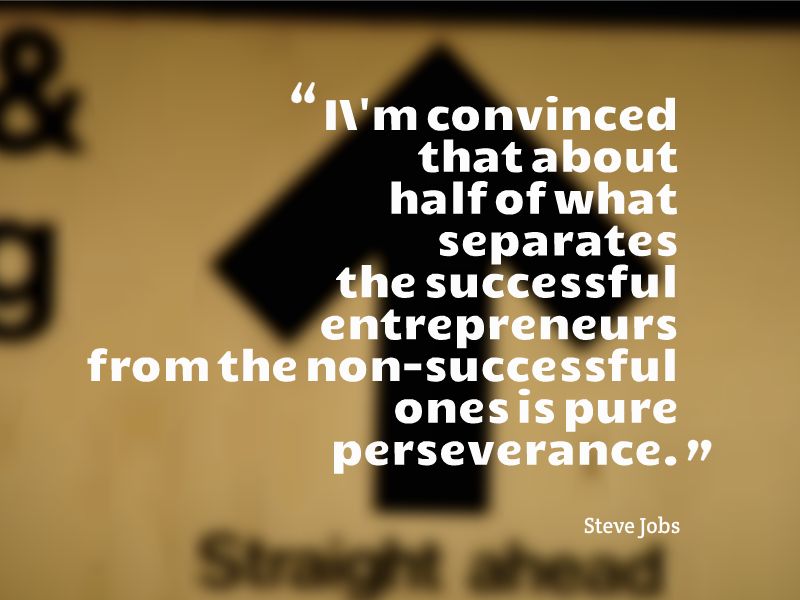When it comes to choosing whom to work with in business, there’s a huge difference between choosing to partner with a small startup versus a large Fortune 500 corporation.
Both have their own merits and it really depends on what the end result is meant to be.
Check out our list of what really separates the little guys from the big corporate companies below.
Decision Making Speed
In a small startup, decisions can be made quickly because there’s less people chiming in with their opinions. Not to mention, moving fast is what startups are all about. The successful ones manage to make a big splash because they’re more flexible in comparison to their more well-established counterparts. Fortune 500 companies have endless levels of management that need to be gone through before a decision can be reached. Staying competitive isn’t easy when decisions from potential partnerships could take over a week.
Risk
Attitudes towards risk are all across the board between startups and Fortune 500 companies. Startups tend to embrace risk because they are normally in a fast-growth stage, whereas large corporations are more averse to risk and looking to keep their already stable revenue channels safe. The saying “if it ain’t broke, why fix it?” rings true in this situation.
Resource Allocation
If there’s one place where more established companies have it over startups, it’s resource allocation. Every cent counts at a startup because resources are scarce and allocated based on where they will be needed most. Sometimes these decisions are also made quickly because there may not be enough time to ponder on certain financial decisions. In a Fortune 500 company, resources are plentiful and can be allocated more freely. This has slowed since the recession though.
Processes
There is no doubt that processes are documented in one place or another at Fortune 500 companies. In startups, processes are not always top priority so recording how things are done is put on the backburner. Pressure ends up being placed on individuals who do know how to action processes and procedures. This is not an ideal situation for any company, especially should those individuals get sick or leave.
Innovation
Startups have the ability to quickly adapt to new ideas, allowing them to rapidly innovate when necessary as we mentioned when talking about risk. Large businesses, on the other hand, are slow to adapt to new ideas. While they aren’t opposed to innovation, the time it takes to implement new things can sometimes lead it to being obsolete. Startups also tend to devote a large portion of their time to coming up with fresh concepts. This seems to not hold true with Fortune 500 companies, as they tend to work off of services that they have been providing for a long time.
Working with a startup is fun, ideas are fresh and everything is fast paced. But it’s also stressful and there are long hours involved.
Working with a Fortune 500 company provides stability and security, but things are slow to happen which can be frustrating.
When it comes to deciding whom you want to partner with, bear all of the above in mind. Here at Fueled, we work with both types of companies, but love the fast pace of partnering with a startup.
Written by the editors at Fueled. We develop iPhone and Android apps.
Image Credit: tweakyourbiz.com





